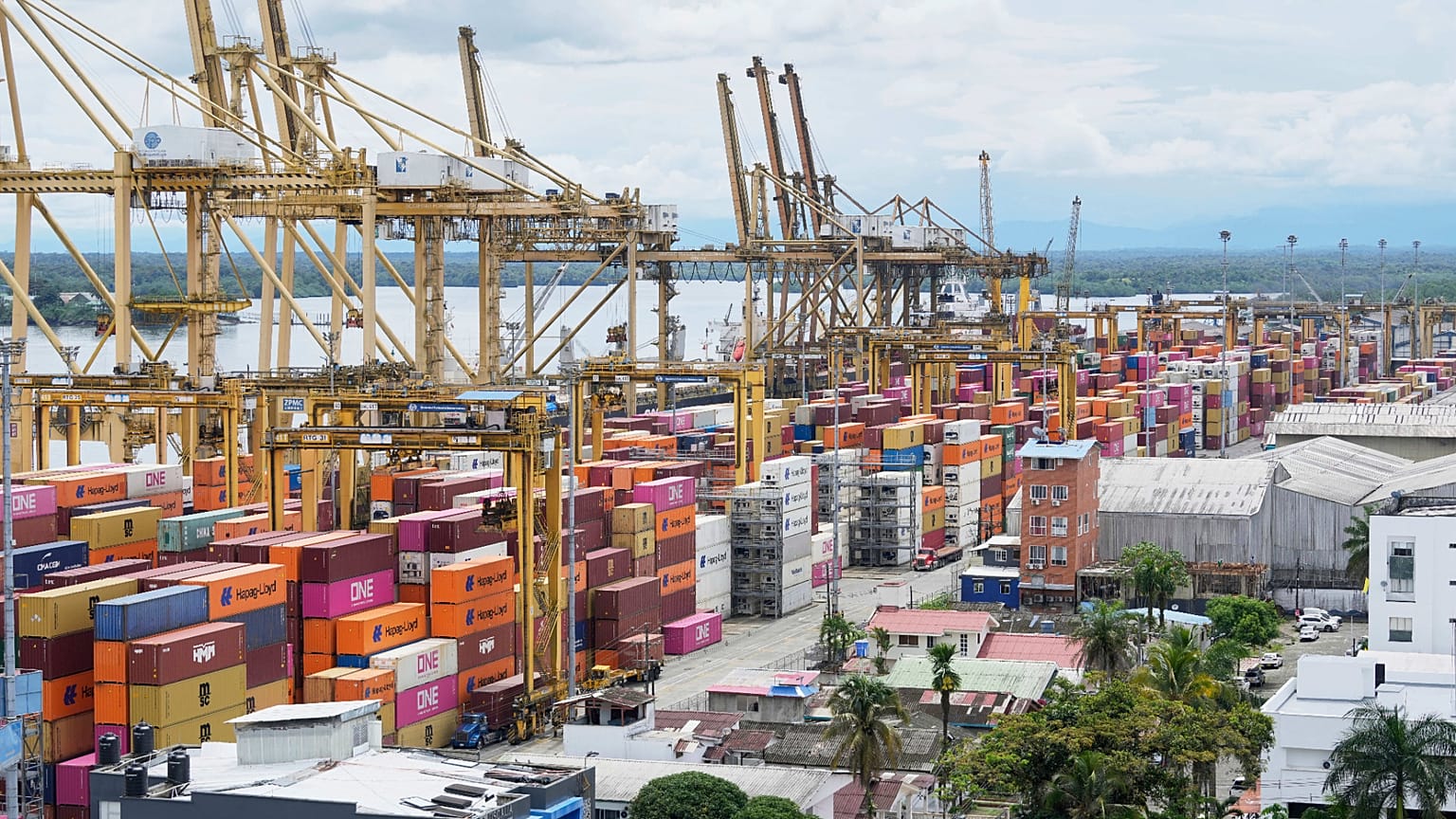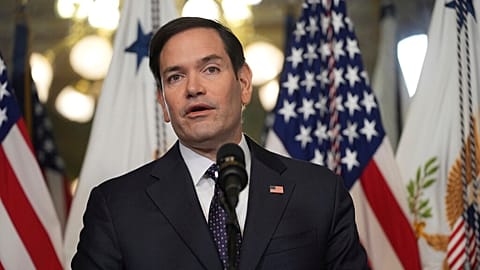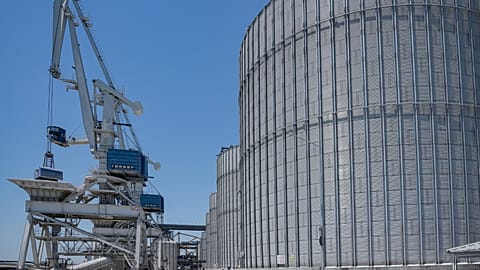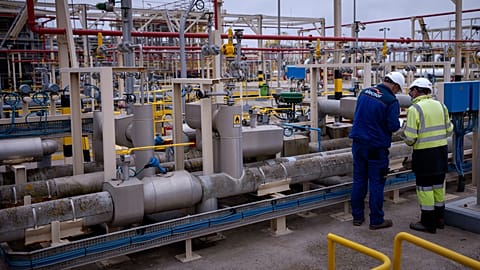Costa Rica sees the Indo-Pacific area as a priority over other regional trade deals, such as EU-Mercosur. An Indo-Pacific trade group, the CPTPP, could become the largest trading bloc in terms of GDP if new members — such as the EU — join.
The Costa Rican government is prioritising joining the Indo-Pacific trade agreement by the end of the year, Trade Minister Manuel Tovar told Euronews in an interview.
 ADVERTISEMENT
ADVERTISEMENT
 ADVERTISEMENT
ADVERTISEMENT
The minister described the region as "a dynamic hub of opportunity" amid rising global trade tensions between the US and China, and affirmed that Costa Rica is prioritising the CPTPP over other trade deals, such as the EU-Mercosur agreement.
Costa Rica is one of a number of countries hoping to join the Comprehensive and Progressive Agreement for Trans-Pacific Partnership (CPTPP).
In 2017, under the first Trump administration, the US officially withdrew from the CPTPP negotiations, prompting concerns among other founding members that the entire deal could be jeopardised.
However, the agreement was eventually finalised and signed in 2018.
The agreement is intended to remove 99% of tariff lines among its members, namely Australia, Brunei, Canada, Chile, Japan, Malaysia, Mexico, New Zealand, Peru, Singapore, the United Kingdom, and Vietnam.
It seeks to lower both tariff and non-tariff barriers, establish market-access commitments for trade in goods and services, encourage investment and labour mobility, enhance government procurement opportunities, and deepen economic integration among the signatories.
According to 2023 World Bank data, it comprises 586 million people (7.3% of the global population) and accounts for 14.4% of global GDP, equivalent to US $15 trillion (€13.87tn).
Other countries, including South Korea and Indonesia are in line to conclude the accession process, while Costa Rica hopes to finish negotiations by the end of the year.
EU accession?
"The CPTPP is roughly the third trade bloc in the world [by GDP share] and the European Union has expressed some sort of interest [in joining]," the minister said.
In a statement in July, the EU's trade chief Maroš Šefčovič said that the EU is "working towards a new form of strengthened dialogue with the CPTPP partners, as we are equally committed to opening new markets and fostering rules-based trade. Our goal is to launch it as soon as possible".
"If the EU joined, this bloc would certainly become the largest trade bloc in terms of GDP in the world," Tovar said. “It is not the future, it is the present — a land of many opportunities,” he added.
Some experts suggest that the EU could gain significant strategic and structural benefits from joining the CPTPP.
Frédéric Grare of the European Council on Foreign Relations (ECFR) argued in 2021 that accession would allow the EU to diversify its trade relations, reduce dependence on major partners like China and the United States, and lower vulnerability to economic coercion.
Since US President Donald Trump returned to office, he has threatened countries worldwide with heavy tariffs and begun negotiating bilateral deals, restricting free trade.
CEO of Global Trade Professional Alliance Lisa McAuley wrote in 2025 that a flexible alliance between the EU and Indo-Pacific could enhance coordination across sectors like green technology, data flows, and digital services, creating economies of scale in regulatory influence.
Even so, the EU already has trade agreements in place with most CPTPP members, meaning accession may not be worth the concessions, especially if it proves politically unpopular.
Mercosur is not a priority
"The European Union is a very relevant market for Costa Rican exports. Its market represents our second destination of exports to the world," said Tovar, who stressed that it is important to diversity trade ties with partners during times of uncertainty.
"Costa Rica is engaged in many negotiations. We concluded with Ecuador, the UAE, we are about to conclude one with Israel, and we are advancing our accession to the CPTPP".
On the EU-Mercosur pact, a deal struck between Brazil, Argentina, Uruguay, Paraguay and the EU, Tovar said Costa Rica may be interested in joining, although this isn't a priority.
"No decision was taken about joining Mercosur," he said. "It is something that we have to look at very closely. We don't believe this is the moment to engage or advance in these negotiations."
The EU–Mercosur deal, signed in December 2024, seeks to reduce tariffs, open markets for goods, services, and investments, and strengthen cooperation on sustainable development.

















